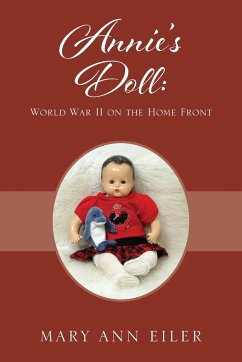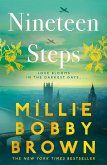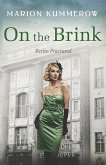Six-year -old Annie is living a nightmare no one should have to endure alone. World War II is raging in Europe and in the Pacific, and though Annie is far from the front lines, she feels the horror of war on the home front: beloved neighbors are killed in action, her family hears of relatives suffering in Europe, and she sees war's violence and destruction in weekly newsreels. Strict rationing and blackouts challenge her own daily life. Added to this, when Annie contracts rheumatic fever, she has "her own war to win" if she is to survive! But she has a constant companion - the chubby baby doll, a 1942 Christmas gift, --who helps her "fight" to get well and survive the heartaches of war. Everyone loves her doll, even her school-mate, Emile, a "war guest from France," and her aviator pen-pal in the Royal Air Force. Inspired by her own recollections of World War II and the personal accounts of war veterans, Eiler has written a sobering reminder of the sacrifices of war as a tribute to The Greatest Generation, intended for children studying the war and adults alike. The doll opens a gateway to discussing difficult topics with children like hope and perseverance in the face of illness and crisis while the novel's focus on magical play will interest doll and toy enthusiasts. In the novel's "magical ending" Eiler offers a touch of whimsy. The war is over. The celebrations have ended. Not to be "outdone," Annie's doll makes her a promise the reader will hold dear - who said dolls can't talk?
Hinweis: Dieser Artikel kann nur an eine deutsche Lieferadresse ausgeliefert werden.
Hinweis: Dieser Artikel kann nur an eine deutsche Lieferadresse ausgeliefert werden.








